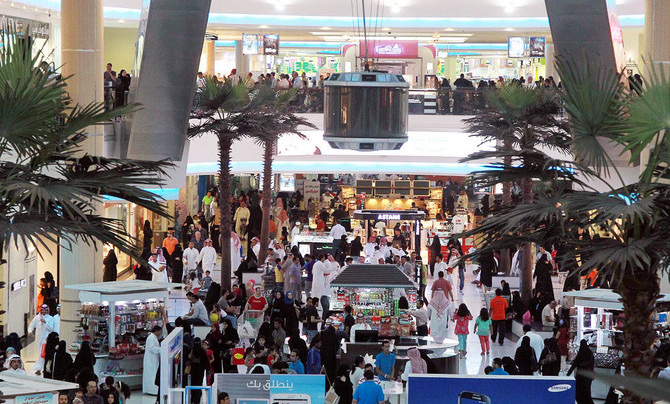RIYADH: A host of celebrations will take place across Saudi Arabia on Thursday to commemorate the founding of the country.
The Kingdom celebrates Founding Day on Feb. 22 each year to mark its establishment by Imam Mohammed bin Saud in 1727 CE.
Various events organized by the Ministry of Culture, such as Founding Nights, Symphony of the Beginning, Path of History and Founding Village, will be held around the country until Feb. 26. Other festivities will include fireworks, traditional dancing, drone displays, live shows and military performances.
A ministry statement said the events would underscore the “deep-rooted pride in national heritage, the solid bond between the citizenry and leadership, and the enduring legacy of progress and prosperity.”

Those seeking Founding Day bargains are also in luck, as many businesses — including airlines, hotels, restaurants, cafes and more — are offering promotions and discounts of up to 85 percent to mark the occasion.
The Ministry of Commerce is allowing commercial establishments to issue discount licenses through a special online platform, sales.mc.gov.sa, until Feb. 28. Consumers can verify the discounts by scanning the relevant barcode.
Riyadh resident Nadine Khaled said: “As a woman, I believe it’s a great opportunity for shopping. I honestly look forward to it every year to purchase all my favorite products, from perfumes to makeup and cosmetics, and even spa packages.”
Faisal Mohammed, a tech enthusiast who also lives in Riyadh, added: “The Founding Day sale on tech gadgets is the perfect opportunity to enhance my collection.”
















